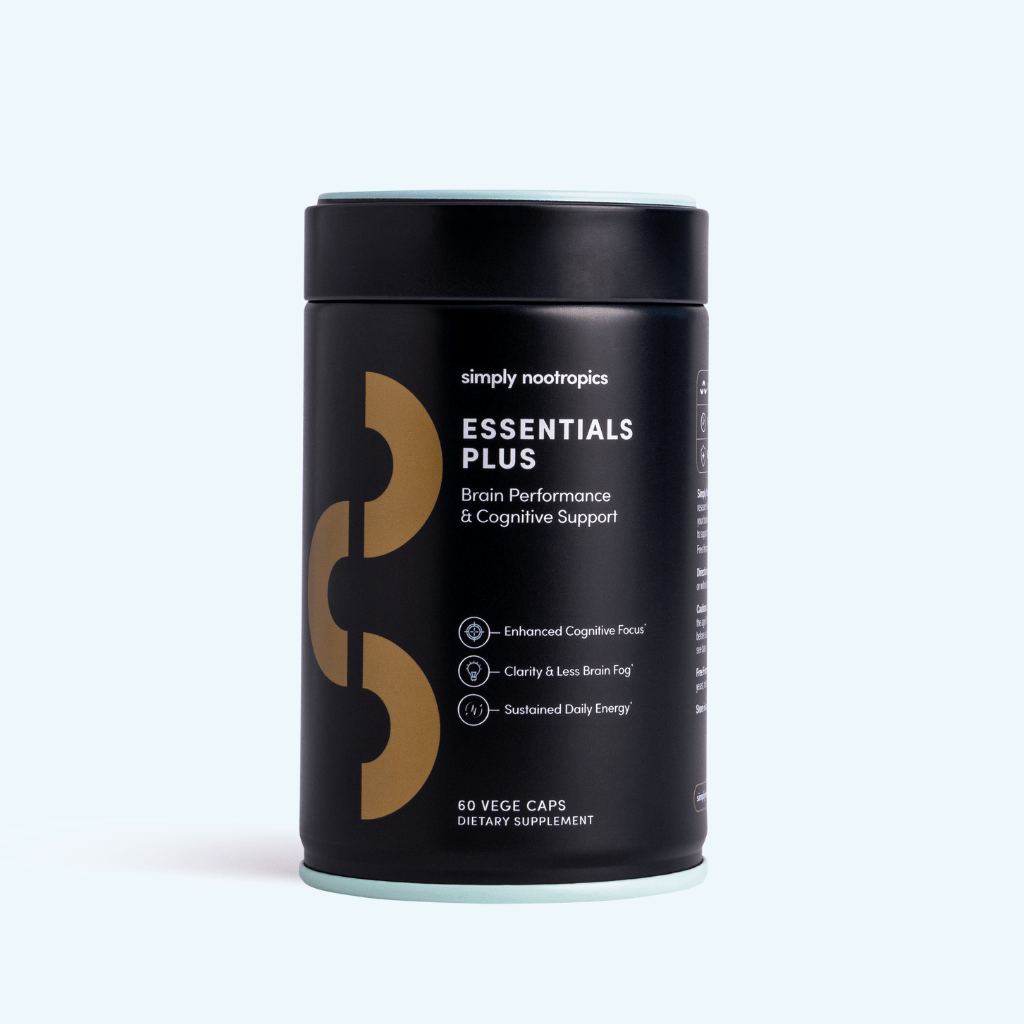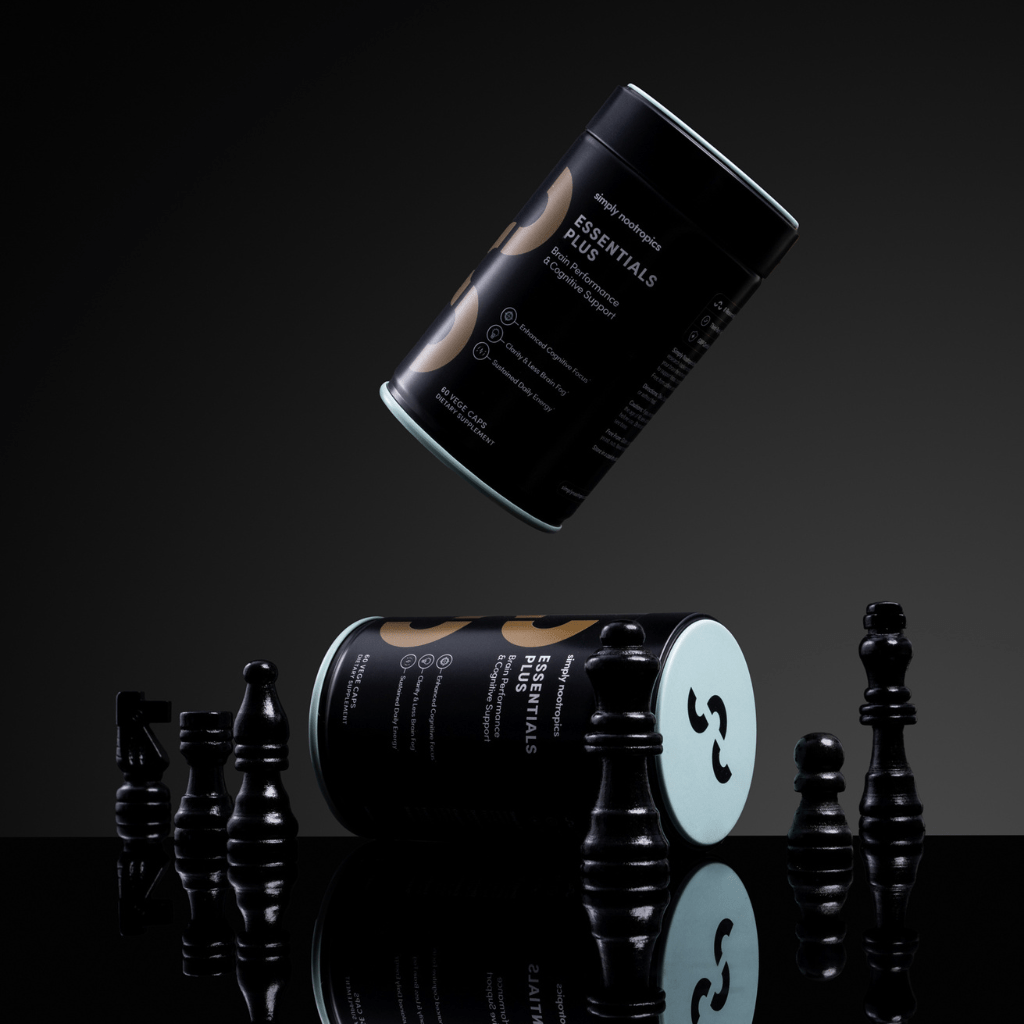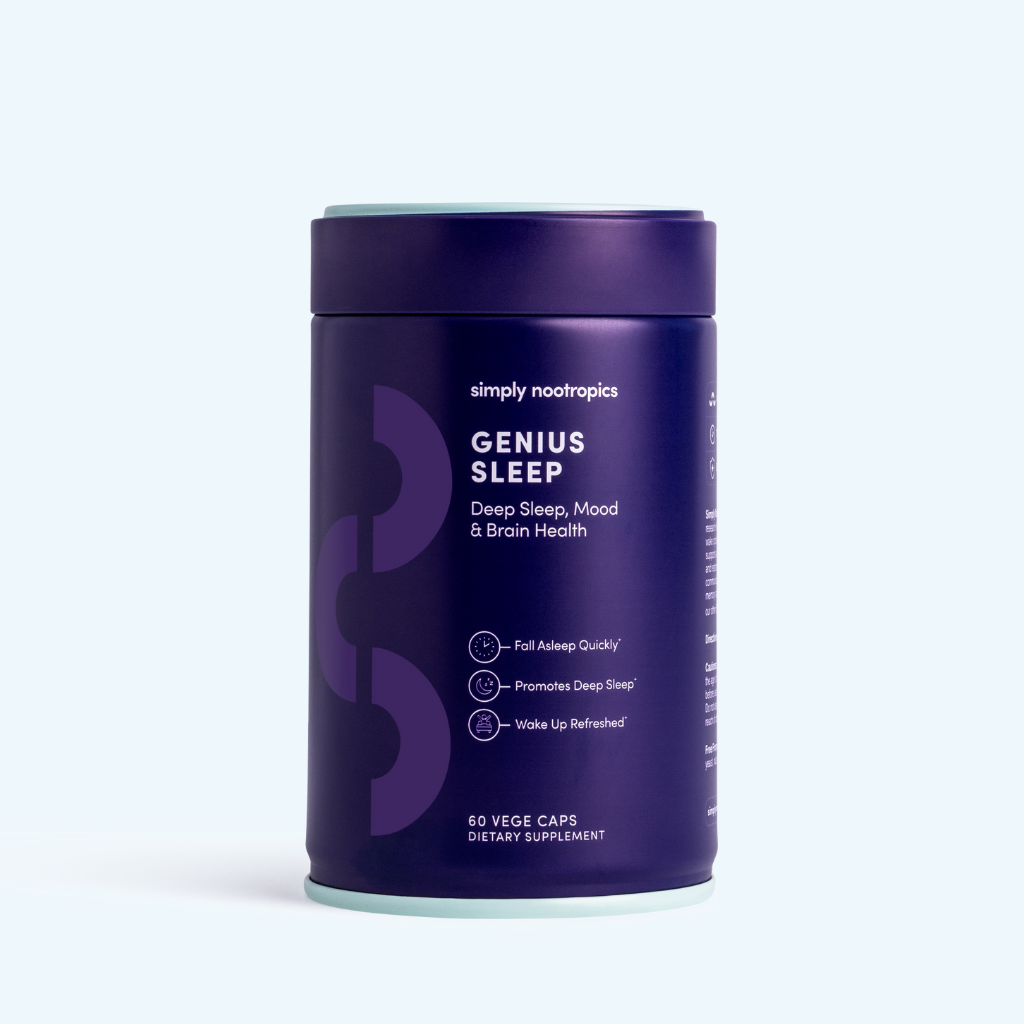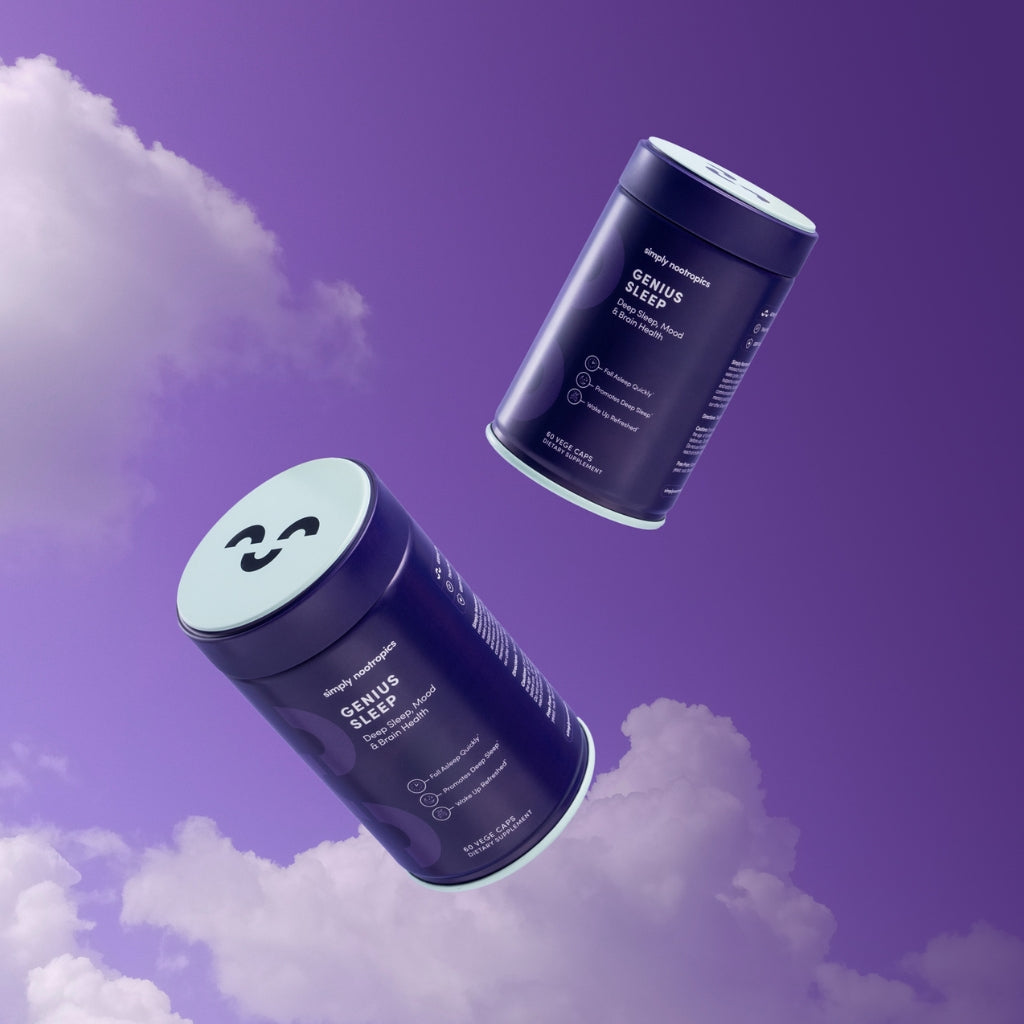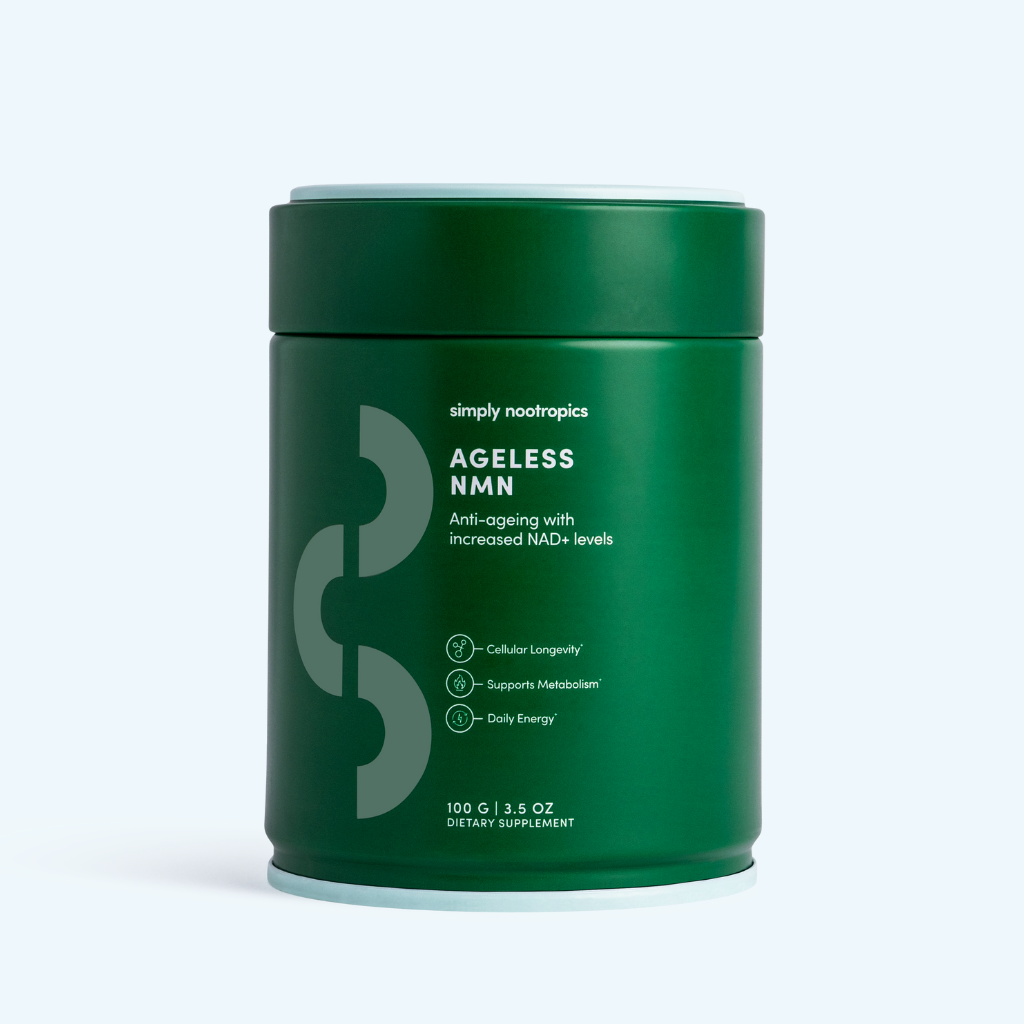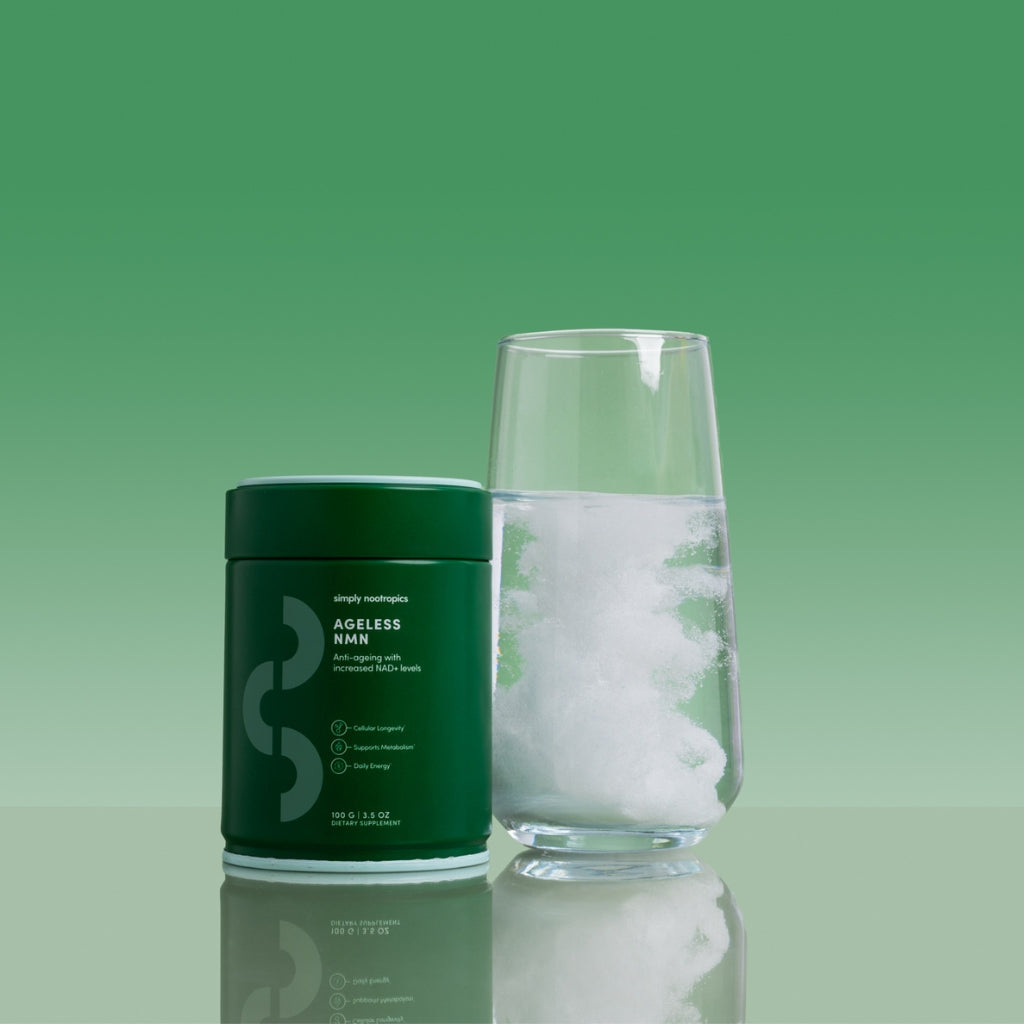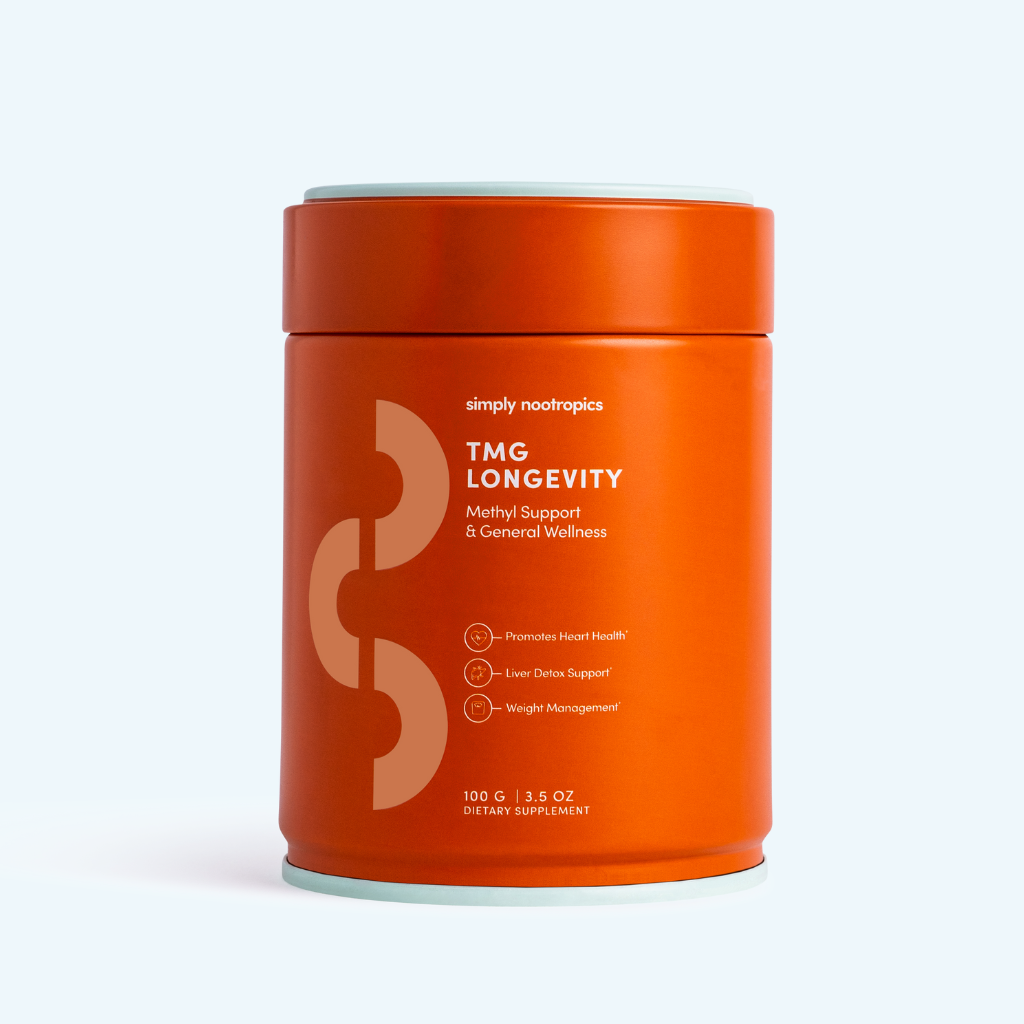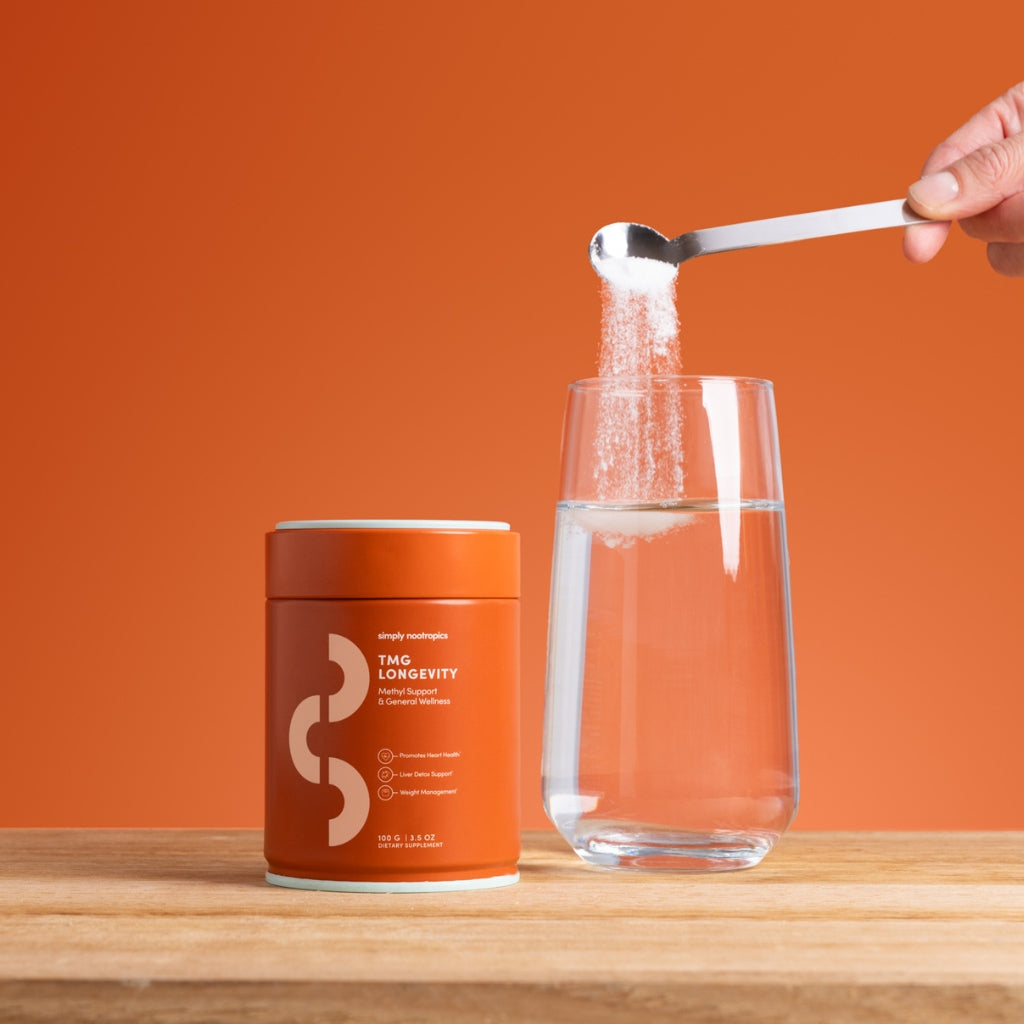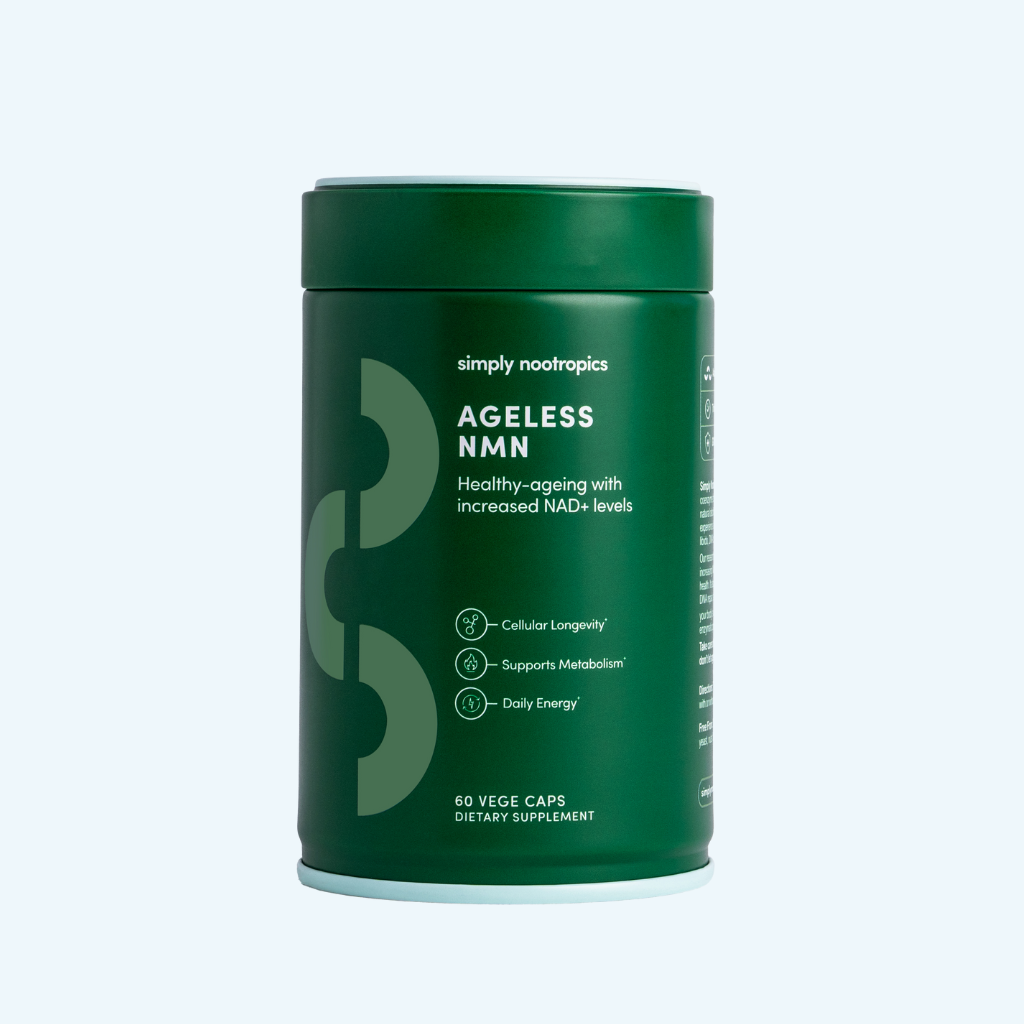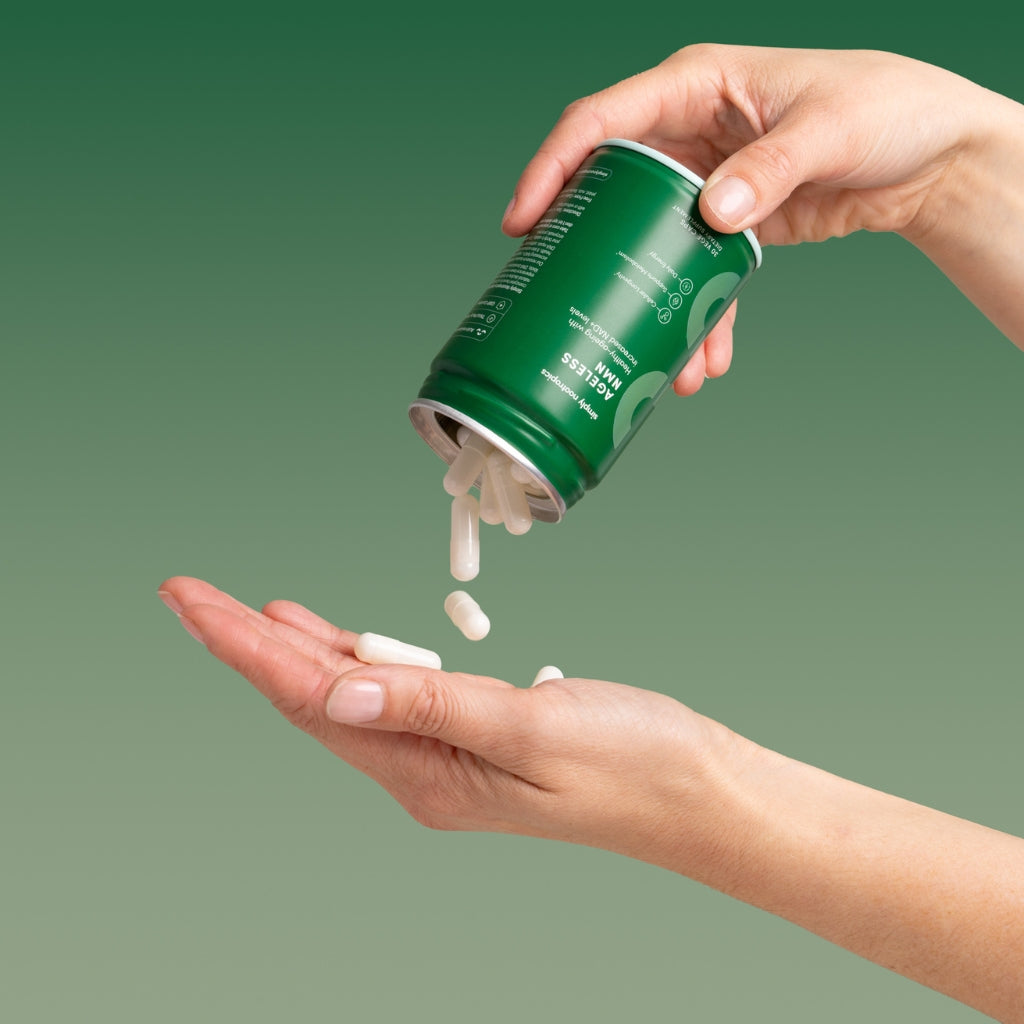This week, we look at four studies that span that spectrum: a traditional breathing exercise now validated in a clinical trial, new thinking about immune system “youthfulness,” and hormone therapy’s role in memory after menopause. Together, they highlight a recurring theme: small, precise interventions (together with smart supplementation) can shift the trajectory of ageing.
-
Blowing Through a Conch: An Ancient Practice
Sleep is one of the most powerful levers for long-term health. Poor sleep accelerates inflammation, impairs cognition, and raises cardiovascular risk. For people with obstructive sleep apnea (OSA), broken sleep can be particularly damaging. Standard treatment involves CPAP machines, but many find them uncomfortable or unsustainable.
A new study, published in ERJ Open Research, investigated a culturally rooted but scientifically overlooked technique: shankh blowing, or forcefully exhaling through a conch shell. Researchers in India recruited 30 adults with moderate OSA and split them into two groups: one performed daily conch blowing, the other did simple breathing exercises.
After six months, the conch group showed:
-
4–5 fewer apnea events per hour
-
Better oxygen saturation during sleep
-
34% reduction in daytime sleepiness
-
Improved sleep quality scores
The likely mechanism? Blowing into the conch creates resistance that strengthens airway muscles, reducing collapses that cause apnea episodes. The vibration from the shell may also stimulate nerves in the upper airway, improving muscle tone and stability. These improvements are subtle but meaningful: OSA is not only about loud snoring, it’s about oxygen dips that strain the heart and brain over time.
While the sample size was small, the publication of this study in a peer-reviewed respiratory journal suggests the method deserves further attention. It represents a fascinating blend of ancient practice and clinical science.
Longevity takeaway: Restorative sleep isn’t optional. Protecting airway function, whether with devices or structured exercises, pays dividends across every domain of ageing, from heart health to brain clarity.
2) When an “Ageless” Immune System Turns Against You
Immune ageing, or immunosenescence, is usually described as a negative: older adults are more vulnerable to infection and respond less well to vaccines. But researchers now argue that some immune decline may actually be protective.
A too-youthful, hyperactive immune system in later life may increase the risk of autoimmune disease, where the body mistakenly attacks its own tissues. Diseases such as rheumatoid arthritis are more common in middle age than in very old age, suggesting that the gradual tapering of immune aggression with age may serve a purpose.
This reframing forces us to reconsider the simplistic narrative of “immune rejuvenation.” Instead of aiming to reverse immune ageing entirely, the goal may be to modulate immune function intelligently: strengthening defence against infections while avoiding the overactivation that leads to chronic inflammation or autoimmunity.
The broader implication is that in longevity science, balance matters more than extremes. Just as overtraining the body leads to injury, over-activating immunity can cause harm. The ideal immune system for healthy ageing may not be permanently young, but flexible, adaptable, and appropriately restrained.
Longevity takeaway: Inflammation, infection, and autoimmunity are three sides of the same coin. Long-term health depends on balance, not brute force.
3) Hormone Therapy and Memory After Menopause
The menopause transition is a tipping point in women’s health, and one of its most-discussed challenges is cognitive change. Many women notice lapses in memory or focus, raising questions about whether hormone therapy could help.
A large new study, published August 27, 2025 in Neurology (American Academy of Neurology), sheds light on the issue. Using data from over 7,200 cognitively healthy postmenopausal women in the Canadian Longitudinal Study on Aging, researchers examined whether different types of estradiol-based hormone therapy were linked to memory performance.
The results suggest that the type of therapy matters:
-
Transdermal estradiol (patches, gels, rings, creams) was linked with better episodic memory, the ability to recall past experiences and events.
-
Estradiol pills were linked with better prospective memory, the ability to remember future tasks, such as keeping an appointment.
-
Neither form was associated with changes in executive function (planning and problem-solving).
These findings remained significant after adjusting for age, education, and vascular risk factors.
It’s important to note that the study found associations, not causation. Most participants were white and higher income, so results may not generalise across populations. And the study did not examine dosage, duration, or timing of therapy, all factors that could influence outcomes.
Still, the work highlights a key point: estradiol therapy is not one-size-fits-all, and different forms may influence different aspects of memory.
Longevity takeaway: Supporting cognition after menopause may be possible with carefully chosen hormone therapy. But personalisation is essential, and decisions should be made with healthcare providers who can weigh individual risks, genetics, and goals.
Sleep, Clarity, and Recovery
Longevity science continues to prove that the margins matter. A few breaths into a seashell, a handful of daily food choices, a balanced immune response, and tailored hormone care all add up to stronger health trajectories. The lesson is simple: small, deliberate adjustments compound into resilience.
One area where science consistently points is sleep. Without it, metabolic and immune health unravel, and cognitive decline accelerates. Supporting the body’s natural rhythms through structured breathing exercises, lifestyle design, or supplementation is one of the smartest moves for long-term wellness.
That’s why Simply Nootropics Genius Sleep can help. With reishi mushroom, magnesium, L-theanine, and other calming nutrients, Genius Sleep is designed to promote restorative sleep, support memory, and protect against the nightly erosion of resilience. Because the best longevity interventions don’t just extend life, they improve how you feel tomorrow morning.



